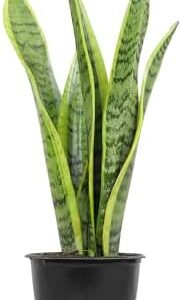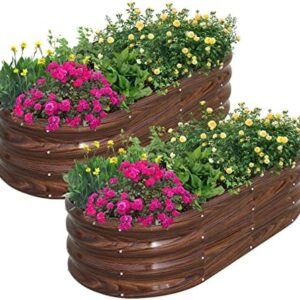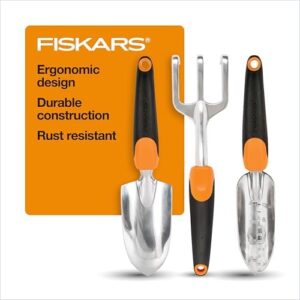If you’re like me, you probably love spending time in your garden, soaking in the beauty of nature and enjoying the fruits of your labor. But have you ever stopped to think about what kind of chemicals you might be exposing yourself to while tending to your plants? The truth is, many common gardening chemicals can have harmful effects on both your garden and your health.
That’s why more and more people are turning to organic gardening techniques to create a chemical-free zone in their gardens. By using natural and sustainable methods to nurture their plants, these gardeners are not only protecting themselves and the environment, but also reaping the many benefits that come with organic gardening.
So, how can organic gardening techniques improve your garden and your health? Let’s take a closer look at some of the key ways that going chemical-free can make a big difference in your gardening experience.
One of the main advantages of organic gardening is that it helps to create a more balanced and healthy ecosystem in your garden. When you use synthetic chemicals and pesticides, you can disrupt the natural balance of your soil and kill off beneficial organisms like earthworms, bees, and other pollinators. This can lead to a decrease in soil fertility, poor plant growth, and an increased risk of pests and diseases.
In contrast, organic gardening relies on natural methods to nourish and protect your plants, such as composting, crop rotation, and companion planting. By working with nature rather than against it, you can create a thriving garden that is more resilient to pests and diseases and produces healthier, more vibrant plants.
Not only does organic gardening benefit your garden, but it can also have a positive impact on your health. Studies have shown that exposure to synthetic chemicals in pesticides and fertilizers can have harmful effects on human health, such as respiratory problems, skin irritations, and even more serious conditions like cancer.
By choosing organic gardening techniques, you can reduce your exposure to harmful chemicals and create a safer and healthier environment for yourself and your family. In addition, organic produce is often higher in nutrients and free from residues of synthetic chemicals, making it a healthier choice for your diet.
Organic gardening can also be a more sustainable and environmentally friendly way to grow your own food. Synthetic chemicals used in conventional gardening can leach into the soil and water, contaminating groundwater and harming wildlife. By using organic methods, you can reduce your impact on the environment and help to preserve natural resources for future generations.
In addition, organic gardening can be a more cost-effective and low-maintenance option in the long run. While organic fertilizers and pest control methods may require a bit more effort upfront, they can help to build healthy, resilient soil that requires less frequent watering and fertilizing in the long term. By investing in the health of your soil and plants now, you can save time and money on chemical inputs later on.
So, if you’re looking to create a chemical-free zone in your garden and improve your health and well-being in the process, consider making the switch to organic gardening techniques. Whether you’re a seasoned gardener or just starting out, there are plenty of resources and support available to help you make the transition to a more natural and sustainable way of gardening.
By nurturing your plants with organic methods, you can create a beautiful and thriving garden that is free from harmful chemicals and full of life. So why not give organic gardening a try and see the difference it can make in your garden and your health? Your plants – and your body – will thank you for it.






